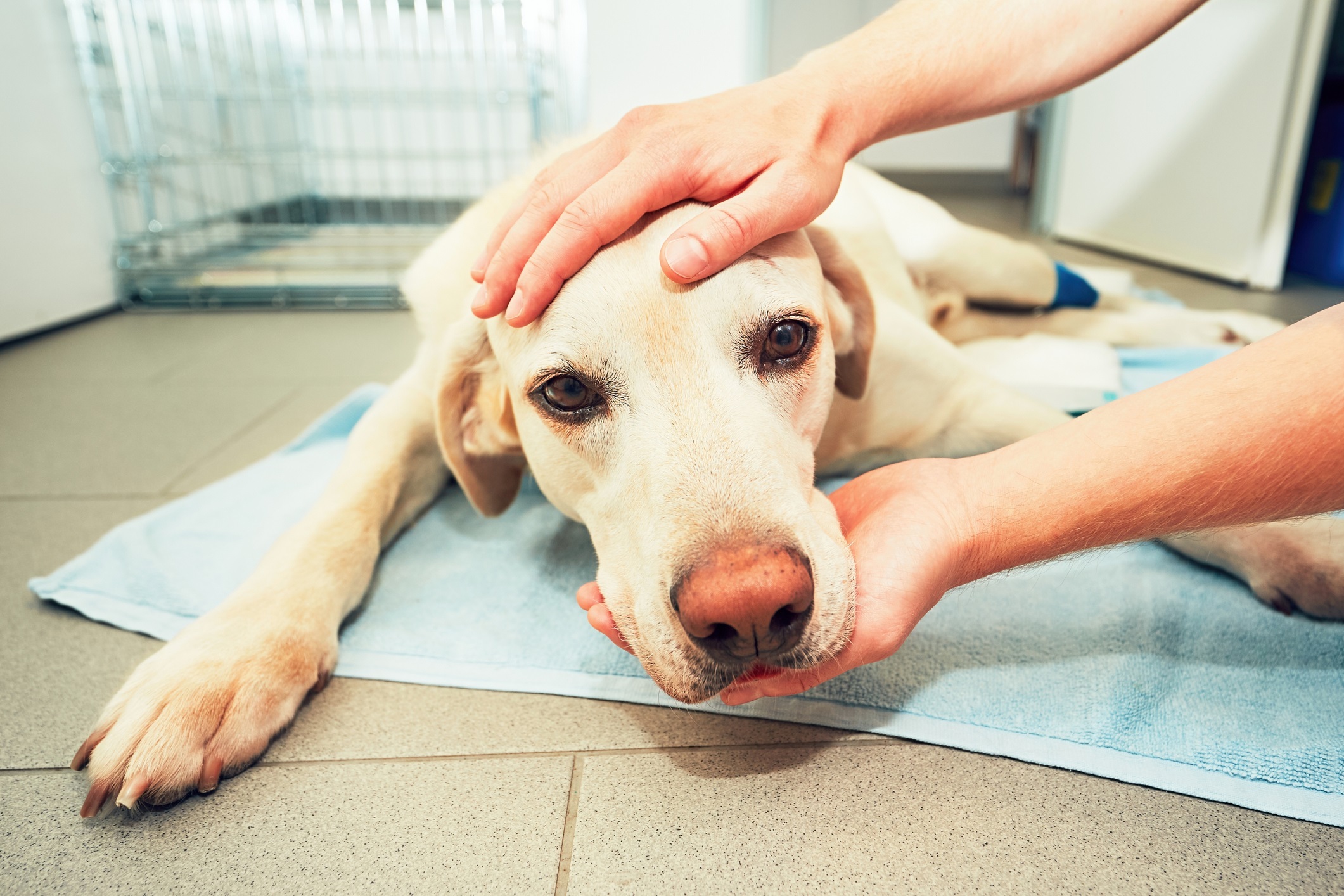By Rajul Gandhi, PharmD
Carle and Health Alliance Population Health
 We are frequently bombarded with keeping medications safe and how to dispose of medications appropriately. As a pharmacist, I’ve been keen on ensuring medications are stored in a cabinet that is room temperature and avoids light, heat, and moisture. I’ve always focused on keeping medications stored safely before and after administration. Most of us rarely think about keeping medications safe during administration.
We are frequently bombarded with keeping medications safe and how to dispose of medications appropriately. As a pharmacist, I’ve been keen on ensuring medications are stored in a cabinet that is room temperature and avoids light, heat, and moisture. I’ve always focused on keeping medications stored safely before and after administration. Most of us rarely think about keeping medications safe during administration.
My son was having an asthma flare up, and our pediatrician had prescribed some nebulized bronchodilators for treatment.
Our pet poodle had witnessed a few of those administrations and during one of them, there were two plastic vials on the floor next to the nebulizer and my son. Of course, our dog chewed those up, consumed some of the medication and then began prancing around as if she had done something worthwhile of a treat.
Unfortunately, we had to take her to the veterinarian but luckily, she was OK!
Pets are really fast, and when you are juggling several activities at a time, they have an opportunity to sneak in human medications.
Here are some tips I think are worthwhile1,2:
- Store all medications out of your pet’s reach even during administration, especially if it is an injection, nebulization or a liquid. Make sure patches are always kept away from pets and heat sources.
- Keep pets away from their own medications also to avoid an overdose.
- Any medication that drops on the floor should be immediately picked up.
- Keep human and pet medications stored in separate areas.
- Common places medications are kept but really should be avoided
- On top of the refrigerator
- In your purse or gym bag
Please contact your veterinarian with any questions or ASPCA Animal Poison Control Center at 1-888-426-4435 if your pet ingests any unintended medications or medication amounts. You can also report veterinary medication errors to the U.S. Food and Drug Administration or to the Institute for Safe Medication Practices.
References
- Institute for Safe Medication Practices. (2019, March 14). Top 10 Tips for keeping pets safe around human medications. Acute Care ISMP Medication Safety Alert, 24(5), 3-4.
- Pirkey, MA. (2018, July 17). Medication storage: she do’s & don’ts to keep your pets safe. Retrieved from http://www.ivghospitals.com/general/medication-storage-the-dos-donts-to-keep-your-pets-safe/ on April 1, 2019.
